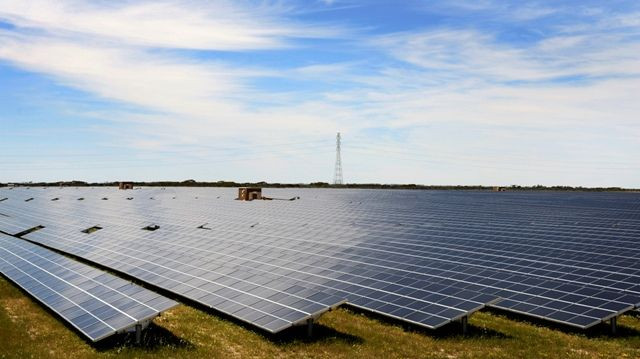Renewable Energy Ban Now Extends To Solar Power Projects

The Federal government of Australia has now extended the renewable energy ban on investment to small-scale solar projects. Earlier the ban was only on wind energy projects. SBS reported that funding small solar projects wasn’t something they were looking forward to. The initiative had been taken by the senate cross benchers, came as a move to reduce Australia’s Renewable Energy Target (RET). This Sunday Trade Minister Andrew Robb confirmed with Sky News that government would stop funding Clean Energy Finance Corporation (CEFC).
The government has ordered to stop the funding of AU$ 13.45 billion to renewable energy projects and has planned to spend on new large-scale technologies. Mark Butler, one of Labor's environment spokesmen has accused it for “dramatic escalation”. He insisted that the decision to stop funding has made the work of CEFC impossibly difficult. He also accused the government of trying to shut down CEFC by unlawful means. However, environment minister Greg hunt denied having any such motive.
Finance Minister Mathias Cormann has expressed that the decision to invest on mature technologies would take CEFC forward and would help it grow. He claimed that the corporation was set up for investing in large-scale projects rather than wind farms and solar power projects. "We want to push it to the next level," he said.
ABC reported that Prime Minister Tony Abbott has clearly mentioned about his motive to abolish the CEFC. However, stated that it should be useful as long as it exists and legal advice over the issue is awaited. Mr. Butler has further accused Mr. Abbott of serving his own “ideological purposes” by trying to scrap the corporation.
Tim Flannery, one of the Climate Councillors said this ban would stop low cost renewable energy investments made by low income earners and also hinder international investments. According to SBS, the South Australian government has voiced its discontent over the commonwealth ban and believes that creating jobs would now become more difficult.
ABC reported that Bloomberg analysts feared that this directive would stop international investors from investing in the Australian market. They confirmed that without taxpayer’s money, investment environment would eventually degrade. The head of Bloomberg New Energy Finance in Australia, Kobad Bhavnagri issued a statement saying, “the new directives would make a difficult investment environment even harder” and would make the country “very unattractive.” A meeting between interstate climate change ministers would take place this week.
Contact the writer on priya.shayani@gmail.com





















